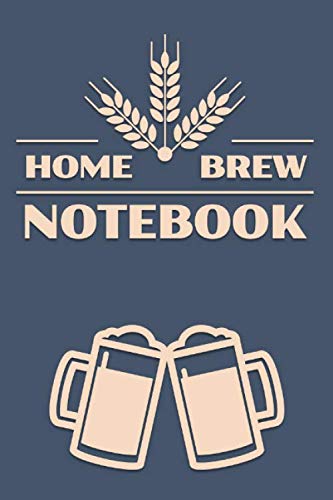So I'm all new to brewing and have since done 2 beer kits and a Strawberry & Lime cider..
My first brew was a Craft Range IPA and has been in the bottle about 6 weeks but I'm getting a kind of twang is all I can call it that I have never really tasted off a beer, some people say it's tastes ok/good and other agree with me that there is a twang kind of taste... Kinda thought I must have done something wrong so my second brew was a Four Finger Jack from Bulldog and it's in the bottle about 2 weeks and just tried one for taste last night and it has the same twang :-(
Now I have read up that it could be the water but our water is very good from the tap and I drink it all the time and if it's drinkable I thought it was good for brewing??
Bottles my strawberry & lime cider last night and in very happy with how it tastes at the mo so what's up??
Is it just how the kits taste or do they need a longer time to condition, the taste just does not seem to be dying down..
Any help would be great, thanks
My first brew was a Craft Range IPA and has been in the bottle about 6 weeks but I'm getting a kind of twang is all I can call it that I have never really tasted off a beer, some people say it's tastes ok/good and other agree with me that there is a twang kind of taste... Kinda thought I must have done something wrong so my second brew was a Four Finger Jack from Bulldog and it's in the bottle about 2 weeks and just tried one for taste last night and it has the same twang :-(
Now I have read up that it could be the water but our water is very good from the tap and I drink it all the time and if it's drinkable I thought it was good for brewing??
Bottles my strawberry & lime cider last night and in very happy with how it tastes at the mo so what's up??
Is it just how the kits taste or do they need a longer time to condition, the taste just does not seem to be dying down..
Any help would be great, thanks







































